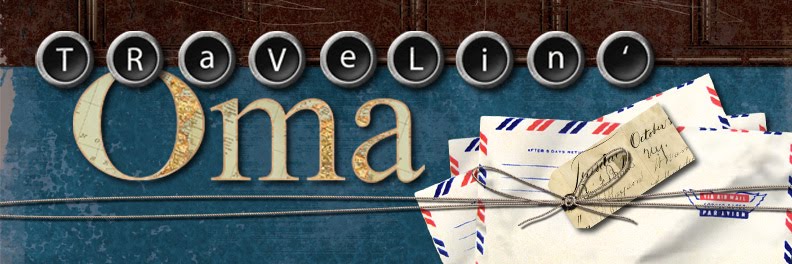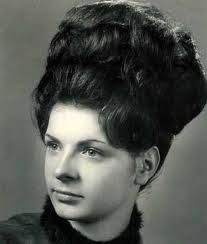
"Writing a first novel takes so much effort,
with such little promise of result or reward,
that it must necessarily be a labor of love
bordering on madness."
—Steven Saylor
that it must necessarily be a labor of love
bordering on madness."
—Steven Saylor
The final edit of my novel arrived today from the publisher. Word by word, comma by comma, I'm going through and signing off. Son of a Gun takes place in Texas around 1874 and I've incorporated many actual events into the story. Here's an excerpt that might make your skin crawl.


Son of a Gun
by
Marty Halverson
by
Marty Halverson
“Damn cataracts,” Turk said to Leo, rubbing silvery spots from his eyes. Against the blue sky they multiplied and began dropping to the earth. “Hoppers!”
The insects fell like giant snowflakes, crawling over the fields in a solid body, eating every green thing growing. Almost immediately the hillside looked like a waterfall, the hoppers were so thick. When they had eaten the fields bare, they piled on fence posts and ate the bark. They ate harnesses, window curtains, hoe handles and even each other. Leo tied strings around his trouser bottoms to keep the pests from crawling up and biting his legs. Lighting on trees, the hoards broke limbs under their weight.
The beating of wings on the roof terrified the boys who screamed as the creatures writhed through their hair and down their shirts. Ruby tried to secure the house, smashing them with a broom after shaking them out of the bedding. Turk spread gunnysacks over the precious vegetable patch, but the grasshoppers ate right through.
The men dug trenches to bury the critters, and lit fires to burn them out, but the flames were covered and smothered by more grasshoppers piling a foot deep. Horses stood helplessly as the pests crawled over their bodies, tickling their ears, eyes and nostrils. Fresh water was polluted by the bugs, and the cows and chickens that gorged on the hoppers would be useless as food, as would fish in the streams because they would smell and taste like grasshoppers.
Word came from Fort Worth that a dark cloud of grasshoppers landed on the tracks and stopped the trains; grease from the crushed insects set locomotive wheels spinning.

The Grasshopper Plague of 1874 affected the colored areas on the map. My own great-great grandfather, Andrew Jackson Allen, wrote about a similar plague in Utah:
May 7, 1848:
We commenced making water ditches for irrigation which were a new business to us. The spring grain sprung up and looked quite good. The next thing we see was thousands of young crickets making their appearance in every direction. We discovered they were eating at the young growing wheat and gardens. We began to destroy them in every way we could, but all in vain. It really seemed as though the more we killed, the more came.
May 20, 1848:
Those crickets had been eating at the wheat for weeks, our efforts to kill them all in vain. Just now seagulls came in flocks by the thousands and began to eat the crickets. They would cover the fields and fill themselves and then they would fly to the water and drink, then they would vomit them up and go again and fill up again. They seemed to repeat this time after time after time, and soon they destroyed the crickets in a great measure. We attributed this miracle to the hand of the Lord in our behalf. If those gulls had not destroyed them, the crickets would have destroyed all the growing crops among this people.

Truth is stranger than fiction.
Now it's your turn:
Any miracles in your family?
Turn them into a story!
Now it's your turn:
Any miracles in your family?
Turn them into a story!














































